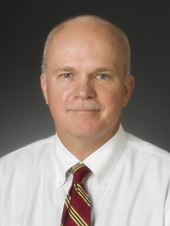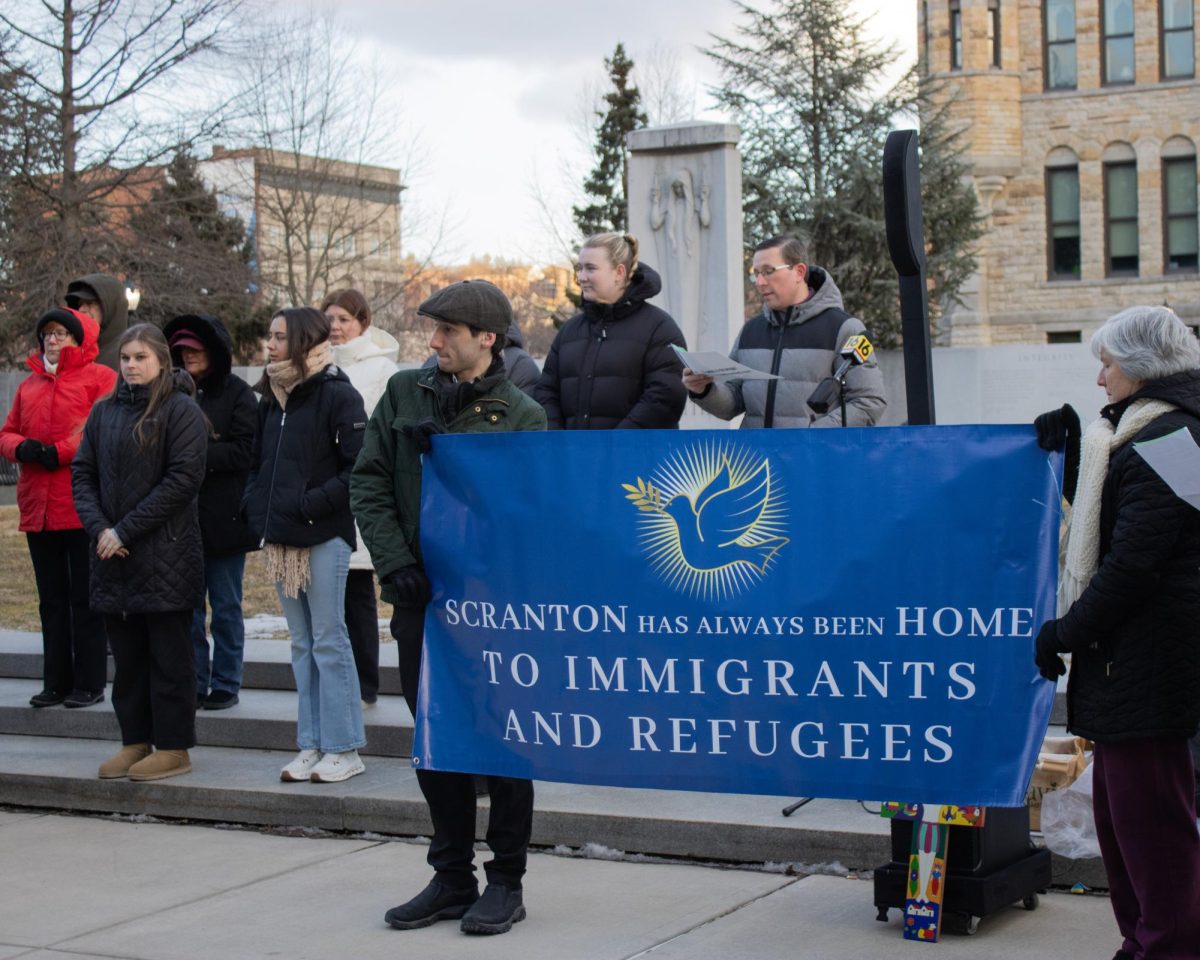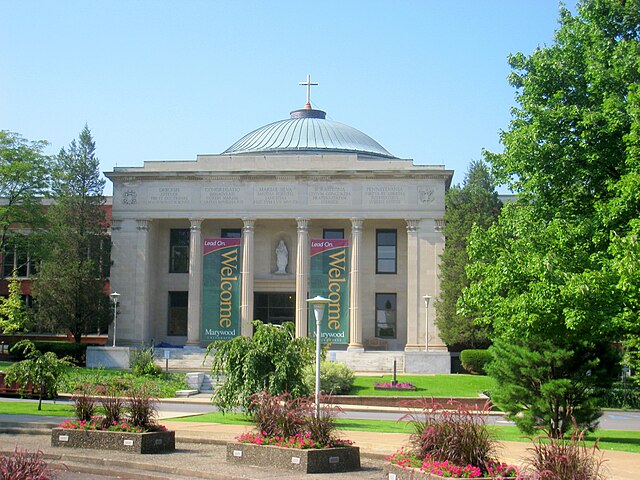Fred Wulczyn, child welfare advocate and Marywood alumnus, to address students
Fred Wulczyn, a senior research fellow at Chapin Hall and a Marywood University alumnus, has been selected to serve as the 2012 commencement speaker. during the May 13 ceremony.
Wulczyn is the director of the Center for State Foster Care and Adoption Data. He received the 2011 James E. Flynn prize for research and the National Association of Public Child Welfare Administrators’ Peter Forsythe Award for leadership in public child welfare. He is also a lead author of the book “Beyond Common Sense: Child Welfare, Child Well-Being, and the Evidence for Policy Reform and co-editor of Child Protection: Using Research to Improve Policy and Practice.”
According to Dr. Clayton Pheasant, vice president for university advancement and chair of the commencement and convocation speakers committee, the committee first compiles a list of possible candidates. They then check to see if these candidates meet two basic requirements: they must match Marywood’s core mission and values as well as be available to speak.
“That research is done by our director of research. She has the task of going online and looking at [the candidates’] backgrounds and seeing if there is anything that they would not be a match for at Marywood. If one of our values is violated by something they did or said, then they would be
excluded,” said Pheasant.
He explained that the process of choosing the speaker is an annual process and within the next month the committee will be starting the process of finding the 2013 graduation speaker.
“We are committed to delivering to the president by summer the proposal for the following year,” said Pheasant. “Ultimately the president is the deciding factor.”
Christian Wagner, senior communication arts major and one of the student representatives on the committee, seems to think that students should have more of a say in the matter.
“I personally believe that the lack of student interest in the situation has allowed Marywood administration to do whatever they want,” he said. “The student representatives fought for someone that the students could identify with more and that was clearly outlined; however, I believe they put students on the committee as a formality rather than for actually using us. It seemed to me like our concerns were not taken seriously and not heavily considered.”
However, Dr. Pheasant disagrees, “I think that we’ve had over the years a high acceptance of the speakers. I would be left dishonest if I said that sometimes students expect them to be much more well-known, but I don’t know that they have an idea of what the costs are for the main speakers.”










